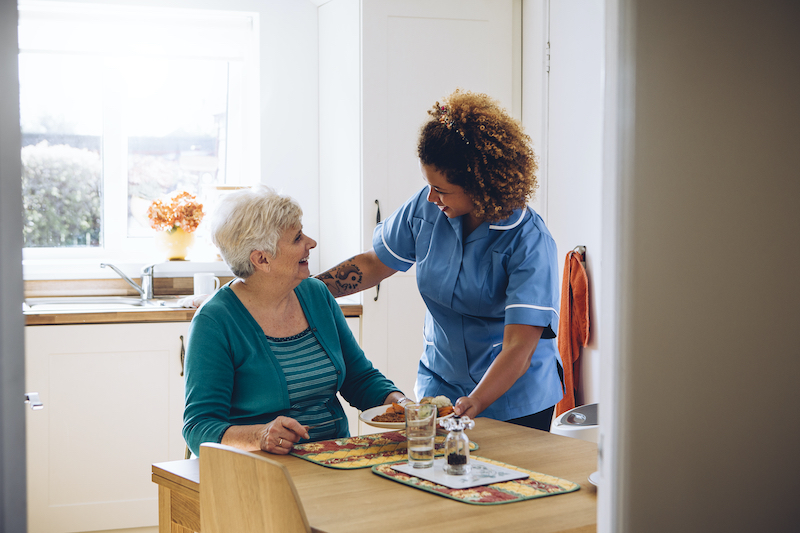


Contact tracing has been the bedrock of Guernsey’s approach to tackling corona virus, a job which is part investigator, part advisor. Express caught up with the Head of Health Intelligence to take a look behind the scenes and find out what the job of a contact tracer entails.
Jenny Catoroche has been working for the Public Health team for the last decade and was there at the very beginning, when corona virus was still developing in Wuhan.
“As a team we were aware of this new virus that was causing problems in China,” she said.
“We were watching it early last year. We were tracking its progress in China and we knew from very early on that this wasn’t going to be contained there. It was going to move into Europe, and we would see cases in Guernsey. That realisation came very early on.”

Pictured: The Public Health team focused on making Guernsey self-reliant, as the team expected cases in the UK and our neighbouring islands.
The Public Health team started to look for examples of contact tracing elsewhere in the world and decided to take inspiration from Singapore.
“We knew that contact tracing was being used successfully as an element of outbreak control,” said Ms Cataroche. “Singapore was using contact tracing very early on. They of course had the experience of a SARS outbreak so they had become really specialised in contact tracing. We took inspiration from them, especially in how they organised their team.”
A positive case can be picked up through a number of different avenues; a traveller, a contact, or a symptomatic case who called the helpline. Once it’s picked up by the laboratory a call is immediately put through to Public Health.
So, what happens next?
“The first thing the clinician does is call the positive result,” said Ms Cataroche. “We never send text messages out with positive results, it’s always a call.”
“One of the key focuses of the first call is to assess how they are, are they well enough to be interviewed. Are they a child or an adult? Do they have a good command of the English language or will we need a translator? That first call gives us a lot of key information.”

Pictured: The clinician will also assess if the positive case includes anything of note, such as an essential worker in the same household.
The contact tracing team includes Ms Cataroche, four co-ordinators and fifteen contact tracers. They work in tandem with four clinicians, one of whom is the Director of Public Health, Dr Nicola Brink.
After the initial call, the investigation is then handed over to one of contact tracers.
“The key skills for a contact tracer are good listening skills and being a good communicator. The core part of their job is an interview. They need to be able to tell people what they can and can’t do, how to bag up their waste, how long they’ll be in isolation… they also need to gather a lot of information about that person’s case,” said Ms Cataroche.
“It’s investigative skills, it’s empathy skills. You need to build a good rapport with someone over the phone in a short amount of time.”
Over the course of the interview the contact tracer will start to build a picture of where the patient has been, who they have been in contact with and who else they now need to contact.
Back in February 2020 fifteen Public Health staff were trained in contact tracing. This was extended to staff in the analytical laboratory, colleagues in Environmental Health and staff from the Orchard Centre. “During the latest outbreak we’ve called back on our trained contact tracers from other States Departments,” said Ms Cataroche.
Ms Cataroche said it’s been a real success story for all people involved.
“I think it’s a real credit to the Public Health team and all the other teams we’ve called upon,” she said. “When this started we knew nothing about contact tracing. When I look back at my public health training, in my text book there’s half a paragraph on it.
“It’s not a skill people in the past have had to use. As long as there’s potential to have cases where the original case is unknown we’re going to need contact tracers and we will continue to be here and respond as successfully as we have so far.”
If you are experiencing symptoms please contact the clinical helpline on 756938 or 756969
Comments
Comments on this story express the views of the commentator only, not Bailiwick Publishing. We are unable to guarantee the accuracy of any of those comments.